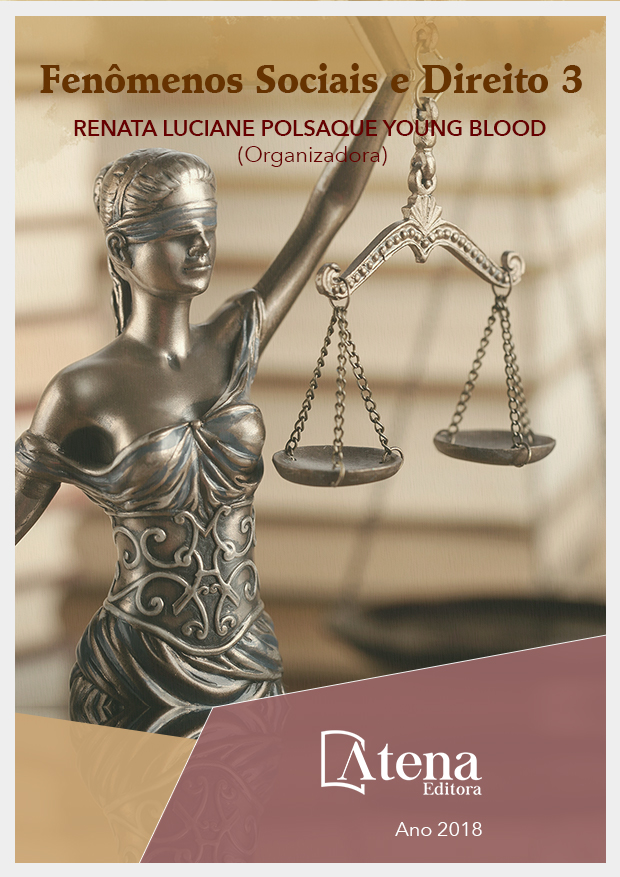
DISSINTONIA DAS TUTELAS DE EVIDÊNCIA E AS HIPÓTESES LEGAIS DO CÓDIGO DE PROCESSO CIVIL
O processo não pode ser pensado
fora do tempo. E o tempo sempre foi considerado
um ônus que as partes devem suportar, porém
o grande desafio está em distribuí-lo entre as
partes. O acesso à justiça exige efetividade, que
está atrelada a questão temporal do processo.
O decurso excessivo do tempo não contempla
à parte o devido processo legal, senão mesmo
o indevido processo. Nesse passo, o legislador
visando a efetividade do processo estabeleceu
tratamento diferenciado aos direitos evidentes.
A Tutela de Evidência nasceu da necessidade
de conferir maior efetividade e celeridade à
prestação jurisdicional e com isso reduzir o
ônus da morosidade judiciária que em muitos
casos impossibilita o pronto acesso da parte
ao que lhe é de direito. O objetivo do ensaio
é demonstrar que as hipóteses legais que
fundamentam a outorga de tutela de evidência
do Código de Processo Civil estão em
dissintonia com a definição de evidência. O
desconhecimento do tecnicismo necessário do
legislador, também justifica o ensaio, a fim de
que alcemos uma sistematização coerente dos
institutos processuais. A metodologia utilizada
no trabalho foi a pesquisa bibliográfica de livros
e periódicos, métodos dedutivos, sistêmico e
axiológico.
DISSINTONIA DAS TUTELAS DE EVIDÊNCIA E AS HIPÓTESES LEGAIS DO CÓDIGO DE PROCESSO CIVIL
-
DOI: Atena
-
Palavras-chave: Direitos Evidentes. Tutelas de Evidência. Tutela Provisória.
-
Keywords: Evident Rights. Evidence Trustees. Provisional guardianship.
-
Abstract:
The process can not be thought out
of time. And time has always been considered a
burden that the parties must bear, but the great
challenge lies in distributing it between the
parties. Access to justice requires effectiveness,
which is tied to the temporal issue of the process.
The excessive course of time does not overlook
the due process of law, if not the improper
process. In this step, the legislator aiming at
the effectiveness of the process established
differentiated treatment of the obvious rights.
The Protection of Evidence arose from the need
to confer greater effectiveness and celerity
to the jurisdictional provision and with that to
reduce the burden of the judicial slowness that
in many cases precludes the ready access of
the party to its right. The purpose of the paper
is to demonstrate that the legal hypotheses
underlying the granting of evidence protection
of the Civil Procedure Code are in disagreement
with the definition of evidence. Ignorance of the
necessary technicality of the legislator also
justifies the test, so that we achieve a coherent
systematization of procedural institutes. The methodology used in the work was the
bibliographical research of books and periodicals, deductive methods, systemic and
axiological.
-
Número de páginas: 15
- RAFAEL PEREIRA LIMA


